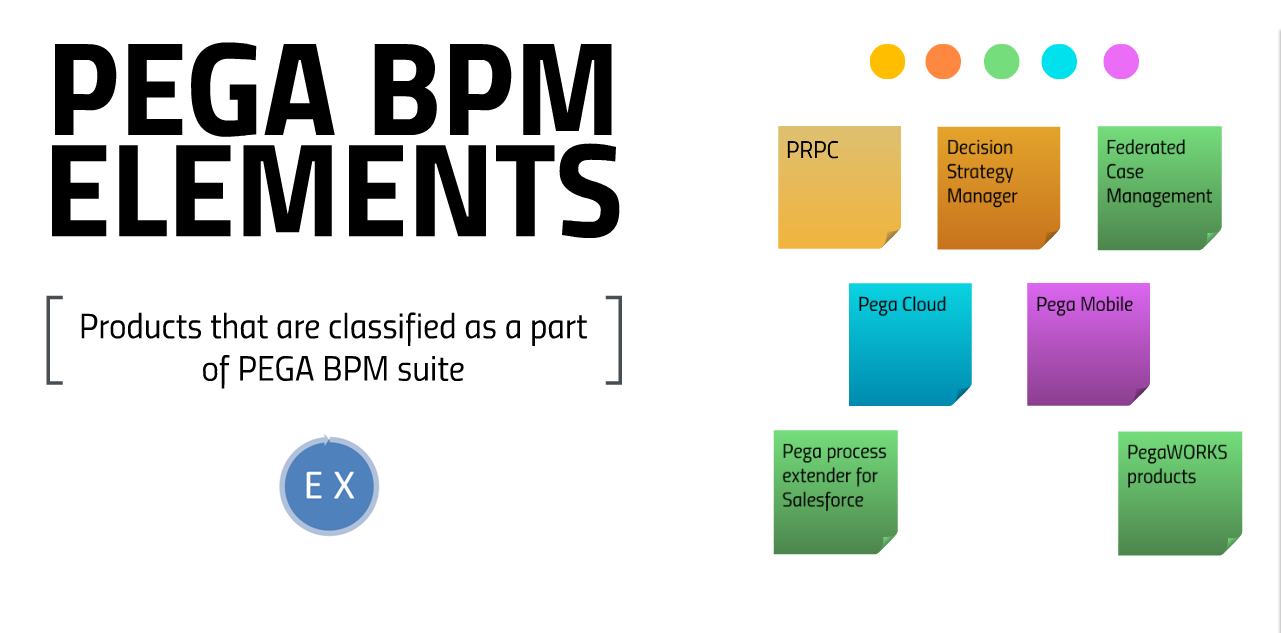Protecting Your Online Store From Fraud and Hacking Attacks

The internet and, in particular, e-commerce have brought tremendous benefits to firms of all sizes in sectors by opening up previously unreachable and untapped markets.
Regardless of company size or trade sector, setting up an online store for your firm could see you reaching out to local, national, and even international customers and bringing considerable added value to your operations.
Table of Contents
The need to operate online
The growth of e-com over the last few years has been nothing short of remarkable, and analysts predict the trend toward online shopping is very much here to stay.
Indeed, one need only look at the demise of many larger, more traditional firms that failed to adapt to the online model to see just how vital Internet commerce has become for retail and commerce.
As firms like Amazon continue to grow at an astonishing rate (Amazon’s revenue is predicted to increase by 27% through 2021 to $488 billion for the year), many brick-and-mortar stores are going to the wall and falling rapidly.
In truth, ignoring the growth of e-commerce simply is no longer an option for the majority of companies, and having at least some provision for online ordering is rapidly becoming a prerequisite if a firm wants to grow, thrive, and survive through this period of ongoing digitization.
With opportunity comes risk
Unfortunately, while e-com has undoubtedly transformed the way firms can operate and increased the revenue and reach they can build, it has not come without risk. As has been proven time and again through history, where there’s money, criminals soon follow, and cybercrime is now a growing problem for all firms.
If your company operates online in any way, you stand the risk of cyberattack – however, the dangers increase substantially when operating an e-commerce store.
If you run an online-based outlet, the onus lies squarely with you to protect your firm and your customers from fraud, identity theft, and other associated dangers posed by malicious access.
Ways to protect your firm and your clients from Cybercrime
If you want prospective or existing clients to entrust their sensitive data with you online, you have a debt of responsibility to them to ensure you process their details securely.
By taking some sensible security precautions, you’ll not only increase their trust in your firm and help protect them from hackers, but you’ll also mitigate the risks posed to your company by cybercrime.
Below are just a few steps you should consider to make your site safer for both you and your customers.
Invest in a secure e-commerce system
With the massive growth of online site builder tools and open-source e-com apps, it’s now easier than ever for companies to set up a store online. However, just as with so many other areas of life, not all online shopping systems are created equal, and, in particular, open-source software could pose problems.
Whether you’re already set up online or just looking to get started, shop around and look for systems with a high ratings on review sites like Trustpilot and Feefo. You should also bear in mind that different systems might work better for different types of businesses, so it could also be worth looking at the websites of your rivals to see which system they use.
Pay for a dedicated server
Where your website is hosted can have a severe impact on its overall security and protection. Investing in a dedicated server means you won’t be sharing precious resources with other users, which also has the added benefit of reducing page load times that will rank you higher in search engines like Google.
More importantly, with a dedicated server, you’ll have complete freedom to install any additional security systems you might want to run to give you increased protection against attacks.
Work with a fraud management company
Fraud can and does happen, and recent estimates suggest in the US alone through 2020, identity fraud cost an astonishing $56 billion, with around 49 million consumers being targeted. Identity theft could see you taking the hit if your firm is found to be at fault, so you should think about working with a fraud company that uses KYC (knowing your customer) checks to ensure people are who they claim to be.
The damage caused by identity theft isn’t just financial either – if your firm is found to have caused a leak of client data, you’ll suffer reputation and trust problems too.
Use AVS and CVV checks
Linked to the above, using an Address Verification System (AVS) and Card Verification Value (CVV) checks will help reduce the chances of falling victim to fraudulent fake actors.
AVS checks the address entered on your site against the address where the card is registered.
When it comes to client data, store the absolute minimum
With the huge growth of e-commerce, there’s now a plethora of firms to choose from that can handle sensitive client data and process transactions for you.
Using a third-party company for private data should be a no-brainer and will protect both you and your customers. In short, if there’s nothing to steal, hackers will see considerably less value in trying to attack you.
Install Secure Socket Layer (SSL) tech on your site
Secure Socket Layer (SSL) tech encrypts data and can prevent sensitive details from being intercepted in transit. These days, most clients will be understandably hesitant if they don’t see the small padlock icon next to your website address in their toolbar and likely won’t trust your site sufficiently to make a purchase.
Actually, SSL should be used across your whole website anyway regardless of whether you offer online shopping or not as Google ranks secure sites higher, which will, in turn, increase footfall to your site through better exposure in the search engine.
Insist clients use strong passwords on sign-up
While you have a responsibility to protect your clients and any back-end data you might store, you can also increase client security by insisting they use strong alphanumeric passwords when they sign up.
Modern browsers these days come bundled with password suggestions and storage facilities, meaning there’s now really no reason why customers can’t be forced down the route of using a secure password to sign-up and log in.




